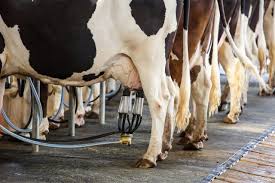
Applied Dairy Production is the practical application of scientific and technological knowledge to optimize the process of producing high-quality milk and dairy products. It encompasses all aspects of the dairy industry, from on-farm animal management to processing and marketing.
- Teacher: Admin User

Human health, food, and nutrition security are deeply interconnected issues, with the state of one directly affecting the others. A person who lacks secure access to sufficient, safe, and nutritious food is at higher risk for various health problems, including malnutrition, chronic diseases, and developmental issues. Achieving and maintaining food and nutrition security is a complex global challenge influenced by climate change, economic stability, and agricultural practices.
- Teacher: Admin User
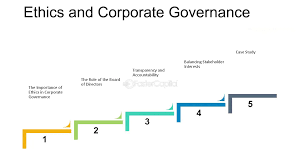
Governance, ethics, and heritage studies is an interdisciplinary field that examines how cultural heritage is managed, preserved, and interpreted, with a focus on ethical considerations and governance frameworks. It addresses issues related to identity, sustainability, and human rights within the context of both tangible (e.g., historical sites, artifacts) and intangible (e.g., traditions, language) heritage.
- Teacher: Admin User
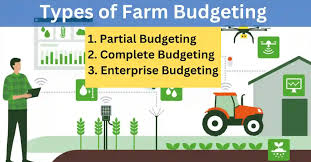
A strong farm budget and project development plan are essential for maximizing profitability and ensuring the long-term sustainability of your agricultural business. This process involves a comprehensive analysis of financial goals, resources, risks, and market conditions.
- Teacher: Admin User
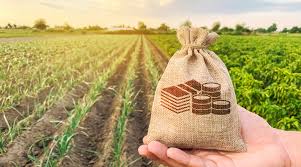
Agricultural marketing refers to all the business activities involved in moving agricultural products from farms to consumers. Legislation plays a crucial role in regulating these activities, influencing everything from pricing and quality standards to distribution and fair trade.
- Teacher: Admin User
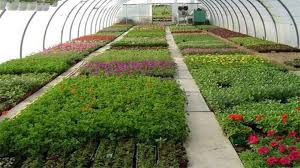
Horticulture is the art and science of cultivating garden crops like fruits, vegetables, flowers, and ornamental plants. It is distinct from large-scale agriculture, as it focuses on smaller, more intensive, and specialized production.
- Teacher: Admin User
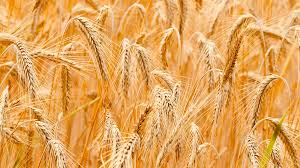
Cereal production is the global process of cultivating and harvesting grains, a staple food that provides a major source of calories and nutrients worldwide. Cereals include major crops like maize (corn), wheat, and rice, along with barley, oats, rye, millet, and sorghum.
- Teacher: Admin User
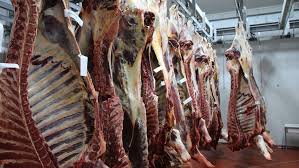
Beef production involves raising cattle for meat, while abattoir science applies strict hygienic and humane principles for slaughter and processing to ensure the safety and quality of the final product. The two areas are fundamentally linked, as the quality of the beef is heavily influenced by both the animal's life and its processing.
- Teacher: Admin User
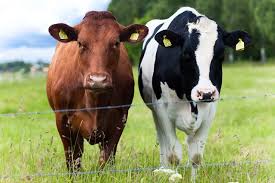
Animal breeding is the selective crossing of domestic animals to enhance desirable qualities, while animal health focuses on preventing and treating diseases that affect livestock. Both are critical for sustainable food production, improving animal welfare, and protecting public health from zoonotic diseases.
- Teacher: Admin User
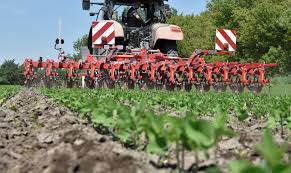
Farm power is the energy used to perform farming operations, from preparing land to harvesting and processing crops. The type of power used depends on the scale and specific needs of the farm, ranging from manual labor to modern renewable energy sources.
- Teacher: Admin User